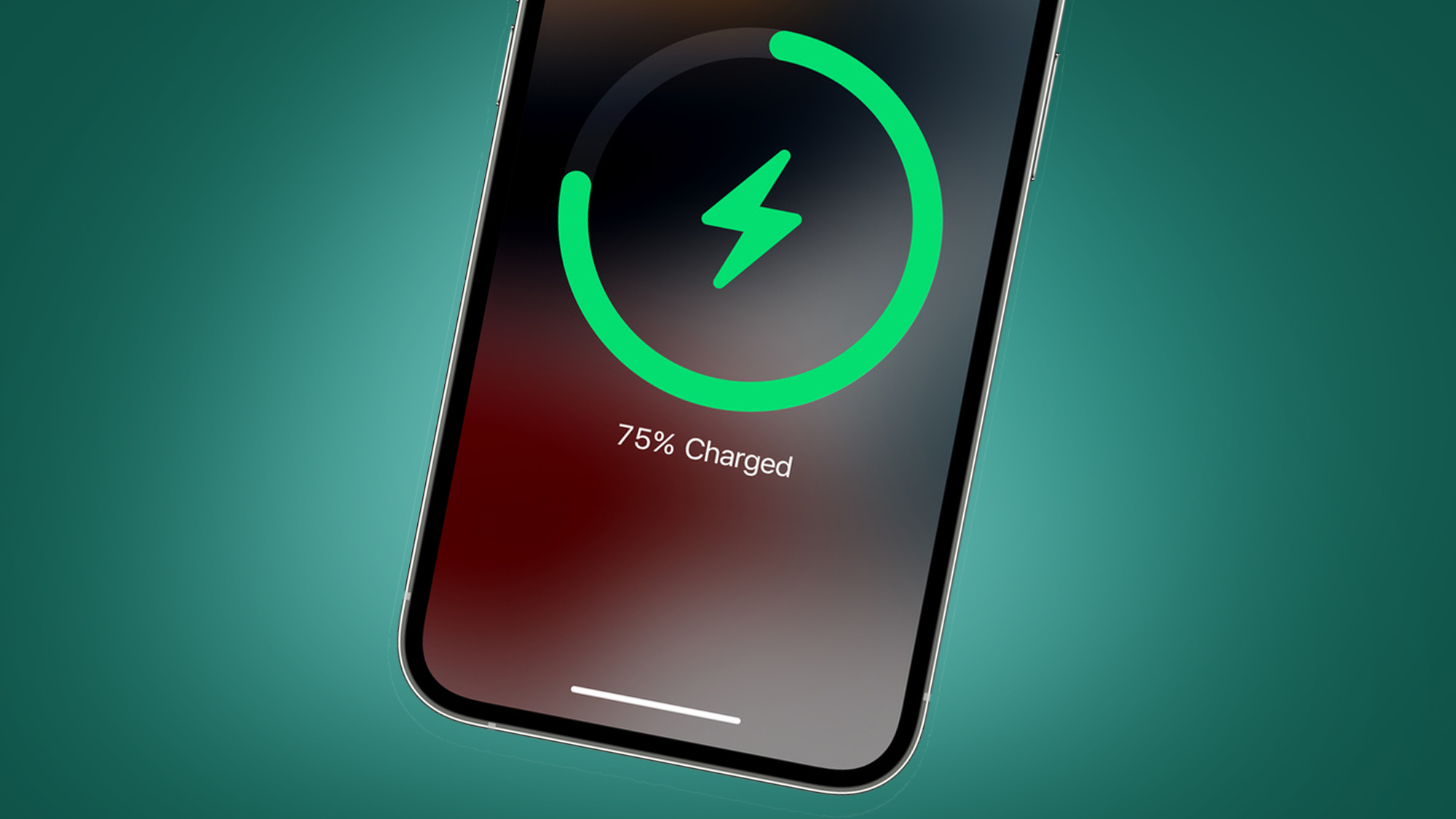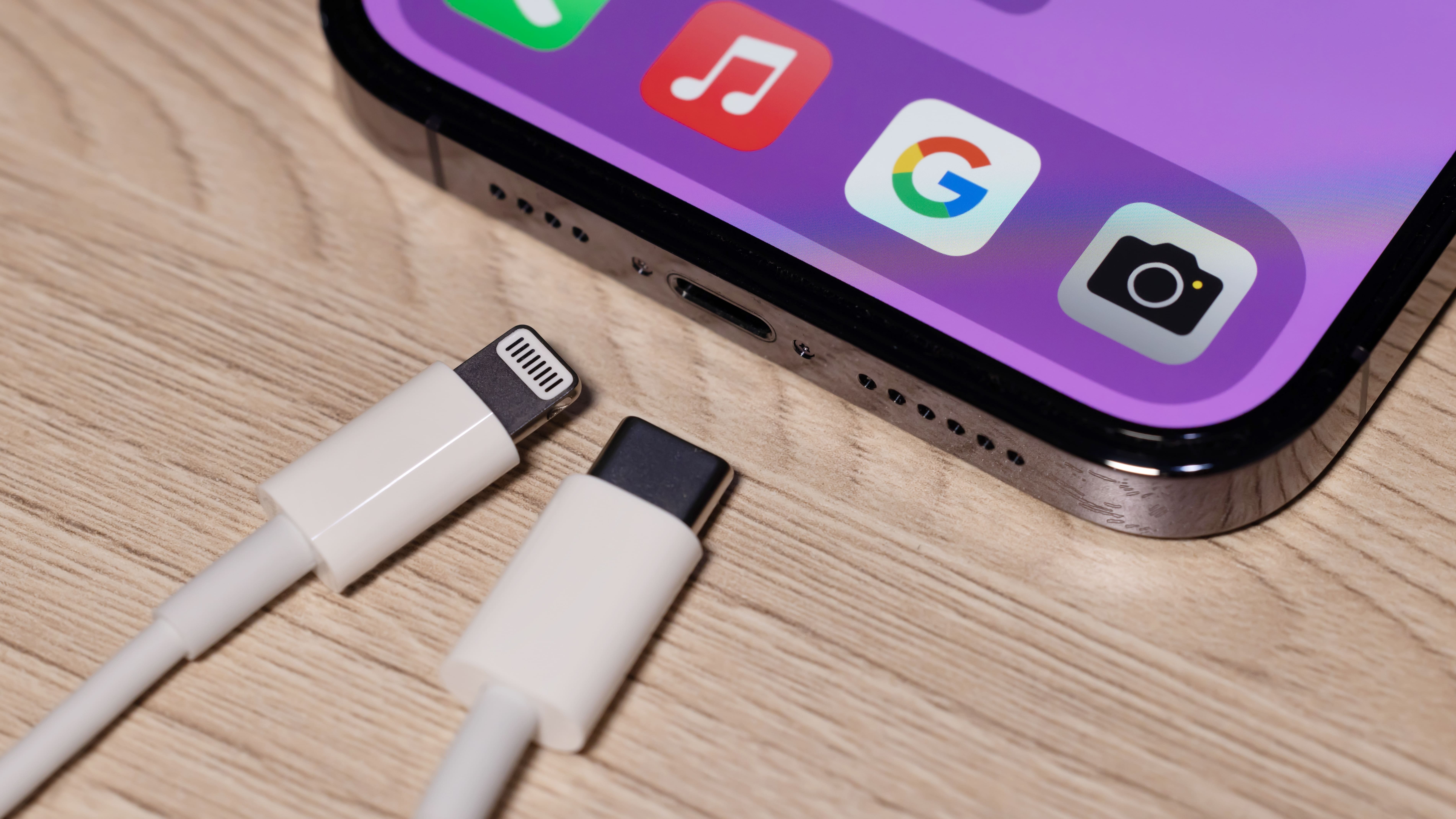
We’ve known for some time that Apple will likely be replacing the Lightning port with a USB-C port on every iPhone 15 model this year, but we’re now learning more about how these new charging ports could enhance – or potentially limit – the functionality of the company’s upcoming handsets.
According to new iPhone 15 Plus images posted to X by serial Apple leaker Majin Bu, Apple will include a custom-made 3LD3 chip in the USB-C port of the iPhone 15, iPhone 15 Plus, iPhone 15 Pro and iPhone 15 Pro Max.
Why is this significant? Well, per Bu’s follow-up post, this mystery chip will do one of two things: better protect the iPhone 15 against data compromise, or limit the charging speeds of third-party charging accessories.
iPhone15 Plus USB C connector detail pic.twitter.com/J0nDO7WPeUAugust 14, 2023
If the former, this is good news for prospective iPhone 15 owners. Wired charging methods are known for exposing smartphones to harmful data hacking, with iPhones, in particular, proving an especially attractive target for data thieves who use public charging stations to install harmful malware.
Cables in compromised charging stations can attach to your iPhone’s data pins, but this Apple-made 3LD3 chip would presumably limit the risk of any unwanted data transfer.
However, if the second of Bu’s suggestions proves correct, then Apple may have a political battle on its hands. For those not in-the-know, a new EU regulation means that smartphone manufacturers must include USB-C charging ports on all new technology products sold in EU countries from the end of 2024. Apple looks set to meet that requirement with the iPhone 15 line – so far, so good.
But the whole point of this new EU regulation is to level the playing field when it comes to charging speeds and charger compatibility. If this 3LD3 chip is designed to give Apple’s proprietary charging accessories an edge over those from third-party manufacturers, then the company is deliberately undermining the EU's directive.
Get daily insight, inspiration and deals in your inbox
Sign up for breaking news, reviews, opinion, top tech deals, and more.

Indeed, we’d already heard that Apple could be preparing to pull this trick. It’s been widely reported, for instance, that the tech giant is planning to implement MFi (‘Made for iPhone’) certification on its range of USB-C accessories, which had led many – including us – to speculate that these Apple-produced chargers would enable faster charging speeds on the iPhone 15 than third-party chargers from other manufacturers.
The EU itself responded to these reports by warning Apple against making such a move, citing its desire to keep the charging playing field level. EU Industry Commissioner Thierry Breton even went as far as to tell the company that it will prevent iPhones from being sold in member countries (such as France, Germany and Spain) if it attempts to skirt around the EU’s new USB-C charging policy.
It’s worth clarifying that this policy doesn’t officially kick in until the end of 2024, so Apple doesn't technically have to abide by the EU’s warning until that date. That said, with the company all but certain to include USB-C charging ports on its newest iPhones a year earlier than absolutely necessary, you’d expect that these ports would fully comply with the EU’s regulations.
In any case, you’ll still be able to use third-party USB-C chargers to power your iPhone 15 – but these accessories may not work their magic quite as quickly as comparable first-party chargers bought directly from Apple.
That sounds like good news for die-hard Apple fans, but since Apple no longer includes chargers in the box with iPhone purchases, you’ll almost certainly have to fork out extra cash for one of the company’s proprietary charging accessories if you want to get the most from your iPhone 15.

Axel is TechRadar's UK-based Phones Editor, reporting on everything from the latest Apple developments to newest AI breakthroughs as part of the site's Mobile Computing vertical. Having previously written for publications including Esquire and FourFourTwo, Axel is well-versed in the applications of technology beyond the desktop, and his coverage extends from general reporting and analysis to in-depth interviews and opinion. Axel studied for a degree in English Literature at the University of Warwick before joining TechRadar in 2020, where he then earned an NCTJ qualification as part of the company’s inaugural digital training scheme.